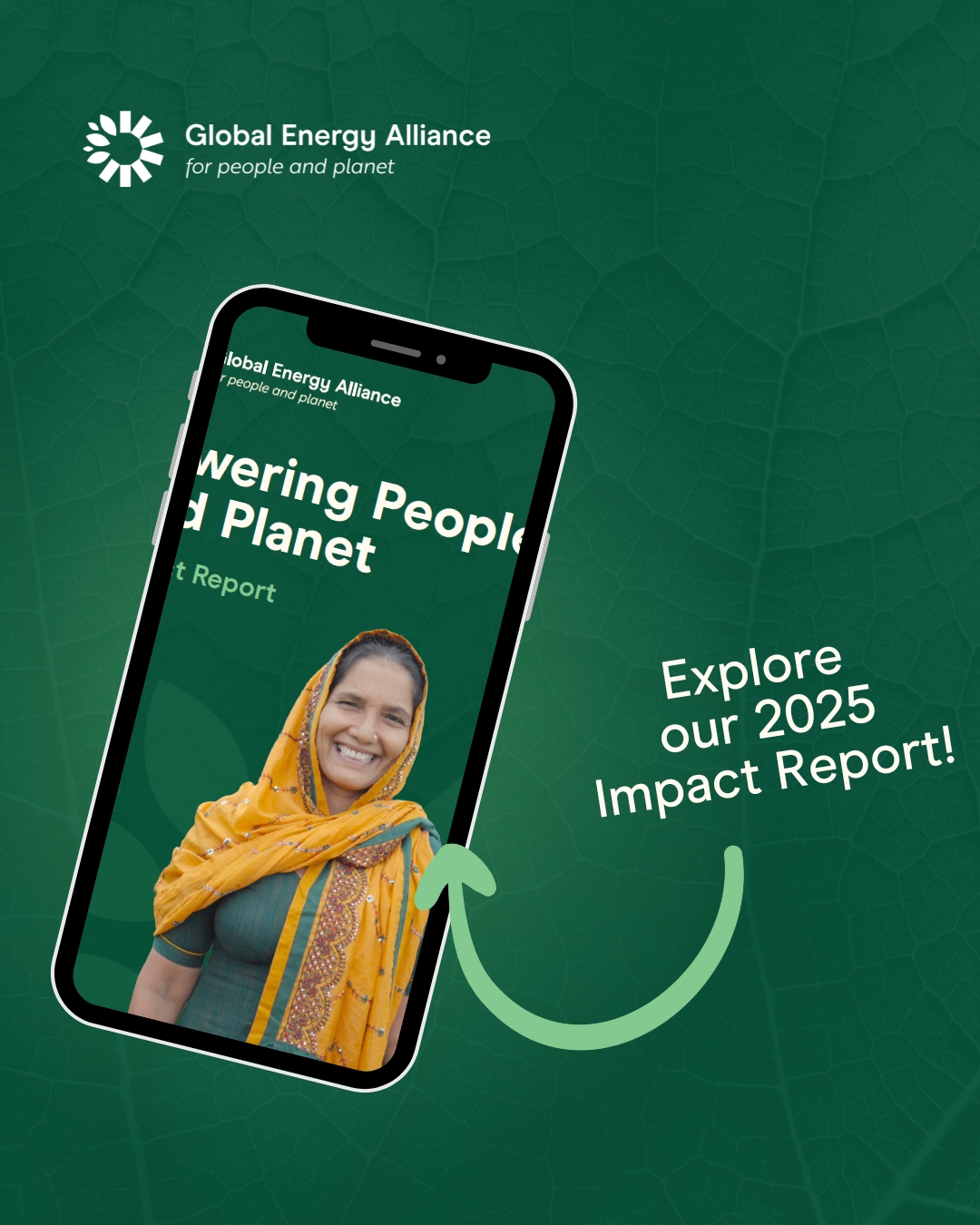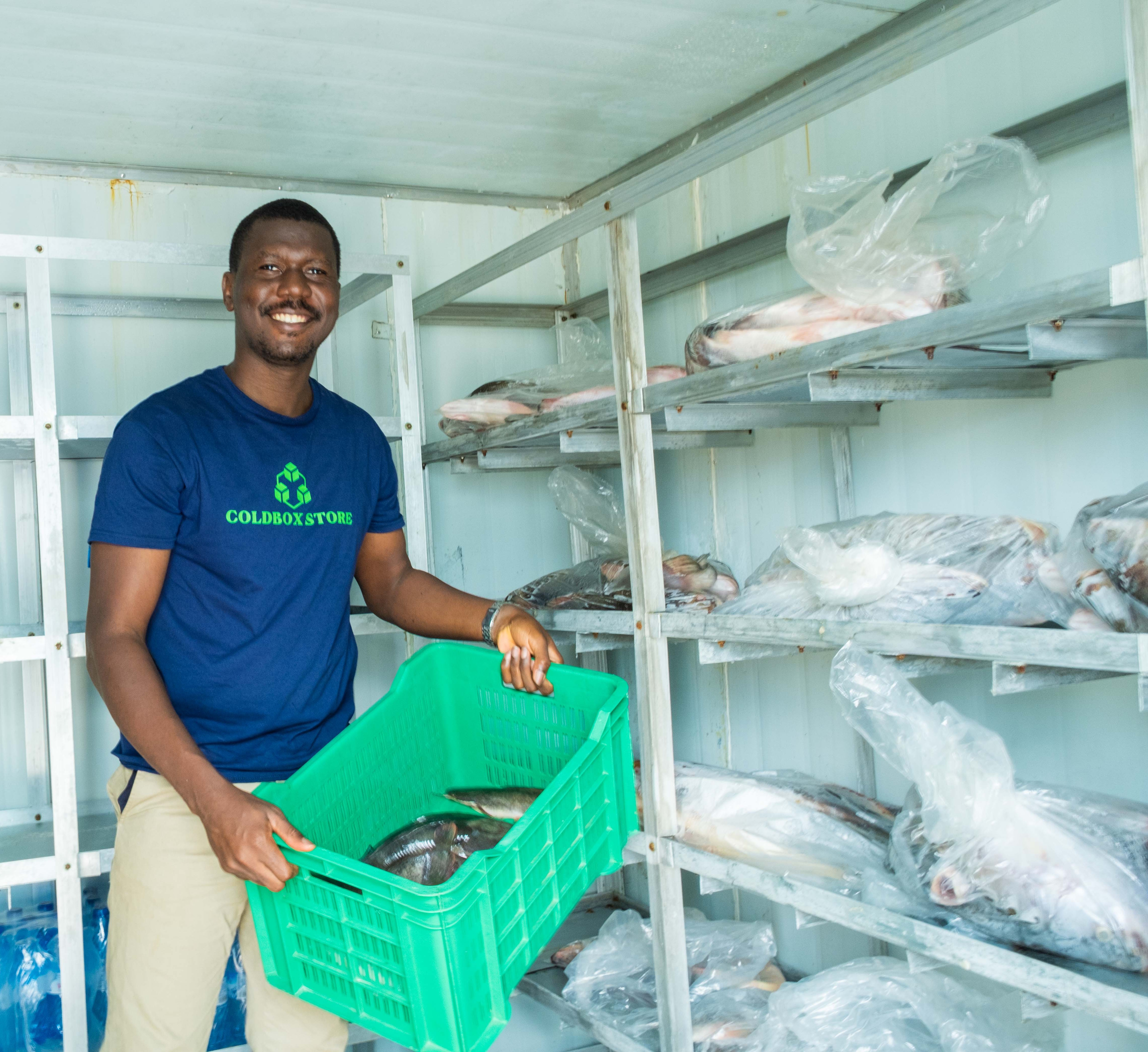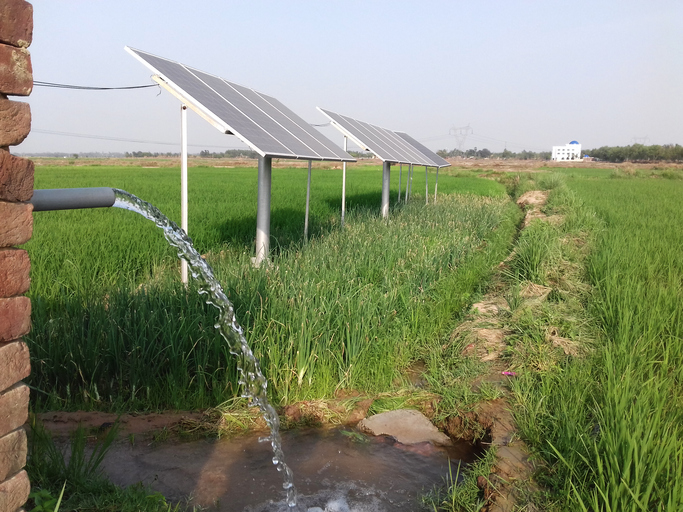SunCulture: Empowering Africa’s Farmers Through Solar-Powered Irrigation

In many parts of Africa, smallholder farmers face the daunting challenge of water scarcity. According to the United Nations Food and Agriculture Organization (FAO), over 40% of Africa’s population relies on agriculture for their livelihoods, yet less than 4% of farmland is irrigated. For the majority of these farmers, reliance on inconsistent rainfall and costly diesel-powered pumps severely limits their productivity and profitability. The lack of access to affordable, reliable irrigation solutions results in crop failures, lower yields, and food insecurity across the continent.
Enter SunCulture, transforming the agricultural landscape by providing smallholder farmers with solar-powered irrigation systems. Founded with a mission to help farmers grow more food, SunCulture is tackling some of the most pressing issues in African agriculture—water scarcity, high energy costs, and inefficient farming practices. Through its partnership with the Global Energy Alliance for People and Planet (GEAPP) through its Productive Use Financing Facility (PUFF), SunCulture is making a significant impact in the lives of Africa’s farmers by enabling them to adopt sustainable irrigation technologies that increase their yields, boost incomes, and improve livelihoods.
One of the biggest challenges facing smallholder farmers is the high cost of diesel-powered irrigation. According to the International Finance Corporation (IFC), African farmers spend around $2 billion annually on diesel-powered pumps, which not only strain their already limited resources but also contribute to environmental degradation through greenhouse gas emissions. Diesel-powered pumps are also prone to frequent breakdowns, leading to high maintenance costs and inefficiencies.
To address these issues, SunCulture has developed a range of solar-powered irrigation systems that offer a clean, cost-effective alternative to diesel pumps. By harnessing solar energy, SunCulture’s systems allow farmers to irrigate their crops without relying on expensive fuel or unreliable rainfall. The solar pumps are designed to be user-friendly, low-maintenance, and adaptable to different types of crops and farm sizes, making them accessible to even the most remote, underserved communities.
Industry data highlights the potential impact of widespread adoption of solar-powered irrigation. According to the World Bank, increasing irrigation in sub-Saharan Africa by just 10% could result in a 50% increase in agricultural production, leading to higher food security and improved livelihoods for millions of people. By transitioning from diesel-powered to solar-powered irrigation, African farmers can reduce their energy costs by up to 80%, while also minimizing their environmental footprint.
One such farmer benefiting from SunCulture is Peter Waweru, a small-scale farmer in Gataga, central Kenya who said, “Since acquiring the water pump, I have diversified my farming into vegetables, fruits, coffee, tea, beekeeping, and fish farming. I have tripled my income and can now save to pay school fees for my children and expand my land.” Like many farmers in his region, Peter’s livelihood was previously dependent on seasonal rainfall, which made it difficult to grow crops year-round. “I used to rely on rain, and when it didn’t come, my crops would fail. I would lose money and struggle to feed my family,” Peter recalls.
Through GEAPP’s PUFF program, Peter was able to acquire a SunCulture solar-powered irrigation system. The impact on his farm has been profound. “With the solar pump, I can irrigate my crops every day, even during the dry season and we are saving up to 17 hours a week on water collection. I have significantly reduced my power bills and no longer worry about blackouts.,” Peter explains.
Peter’s story mirrors the experience of thousands of smallholder farmers across Africa who have made the switch to solar-powered irrigation. With the ability to grow crops year-round, these farmers are not only increasing their incomes but also contributing to improved food security in their communities. According to the FAO, increased access to irrigation could lift 70 million people out of poverty in sub-Saharan Africa by 2030.
By eliminating the need for diesel-powered pumps, farmers are reducing their carbon emissions and helping to mitigate the effects of climate change. This aligns with GEAPP’s broader mission of facilitating a just energy transition in Africa—one that moves away from polluting fossil fuels and toward clean, renewable energy solutions that improve livelihoods.
However, the transition to solar-powered irrigation is not without its challenges. High upfront costs remain a major barrier for many smallholder farmers, despite the long-term savings and benefits of solar technology. To address this, SunCulture has implemented innovative financing models such as Pay-As-You-Grow (PAYG), which allows farmers to purchase the irrigation systems through small, manageable payments over time. This approach makes the technology more accessible and affordable, even for those with limited financial resources.
In addition to financing, SunCulture is also focused on capacity building and technical support. The company provides farmers with training on how to use and maintain the solar-powered systems, ensuring their sustained use and maximizing the benefits. SunCulture also employs local technicians to service the equipment, creating jobs and building local expertise in renewable energy technologies.
Woochong Um, CEO of GEAPP, emphasizes the importance of scaling up solar-powered irrigation across Africa. “Agriculture is the backbone of many African economies, yet smallholder farmers continue to face immense challenges in accessing the resources they need to thrive. By supporting innovations like SunCulture, we are not only improving agricultural productivity but also creating jobs, reducing emissions, and fostering a sustainable energy transition that benefits everyone,” he says.
The impact of SunCulture’s work goes beyond individual farms. By increasing agricultural productivity, solar-powered irrigation is helping to stimulate demand for other productive use appliances, such as solar-powered milling machines, cold storage units, and processing equipment. This creates a ripple effect across rural economies, generating new opportunities for entrepreneurship, job creation, and economic growth.
Looking ahead, SunCulture plans to expand its operations to reach even more farmers across Africa. The company is also exploring opportunities to integrate digital solutions, such as remote monitoring and data analytics, to enhance the efficiency of its irrigation systems and provide farmers with real-time insights into their water usage and crop performance. By leveraging technology, SunCulture aims to further increase the productivity and sustainability of Africa’s agricultural sector.
In conclusion, SunCulture’s solar-powered irrigation systems are addressing one of the most critical challenges facing Africa’s farmers—access to reliable, affordable water for irrigation. By providing clean energy solutions that increase yields, reduce costs, and improve livelihoods, SunCulture is playing a pivotal role in Africa’s clean energy transition and contributing to a brighter, more sustainable future for millions of smallholder farmers. Through GEAPP’s PUFF program, SunCulture is empowering farmers like Peter Waweru to grow more, earn more, and build a better future for themselves and their communities.



